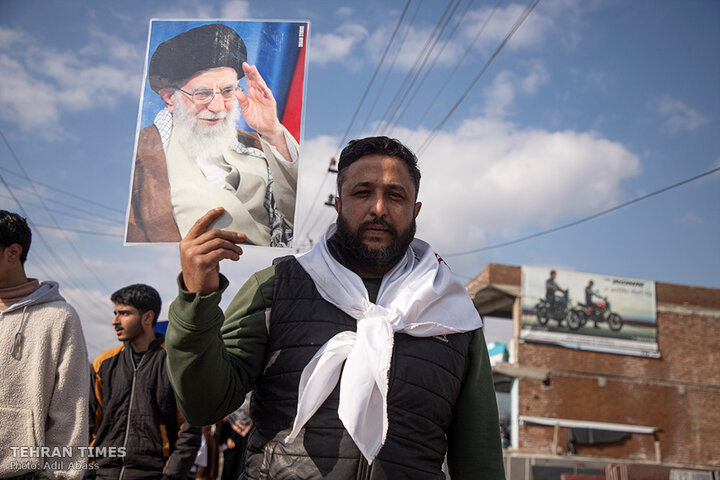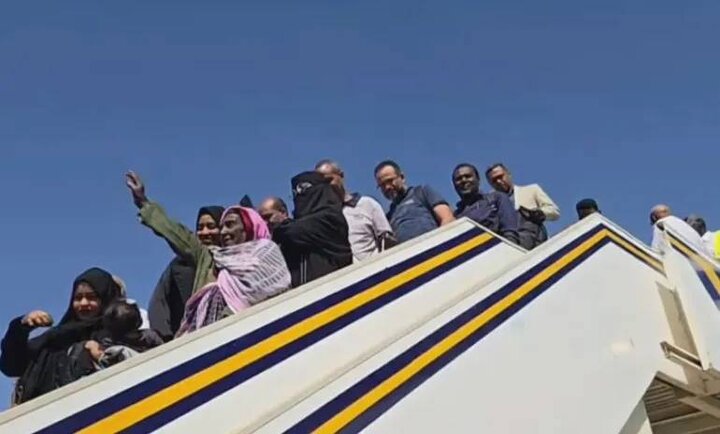-
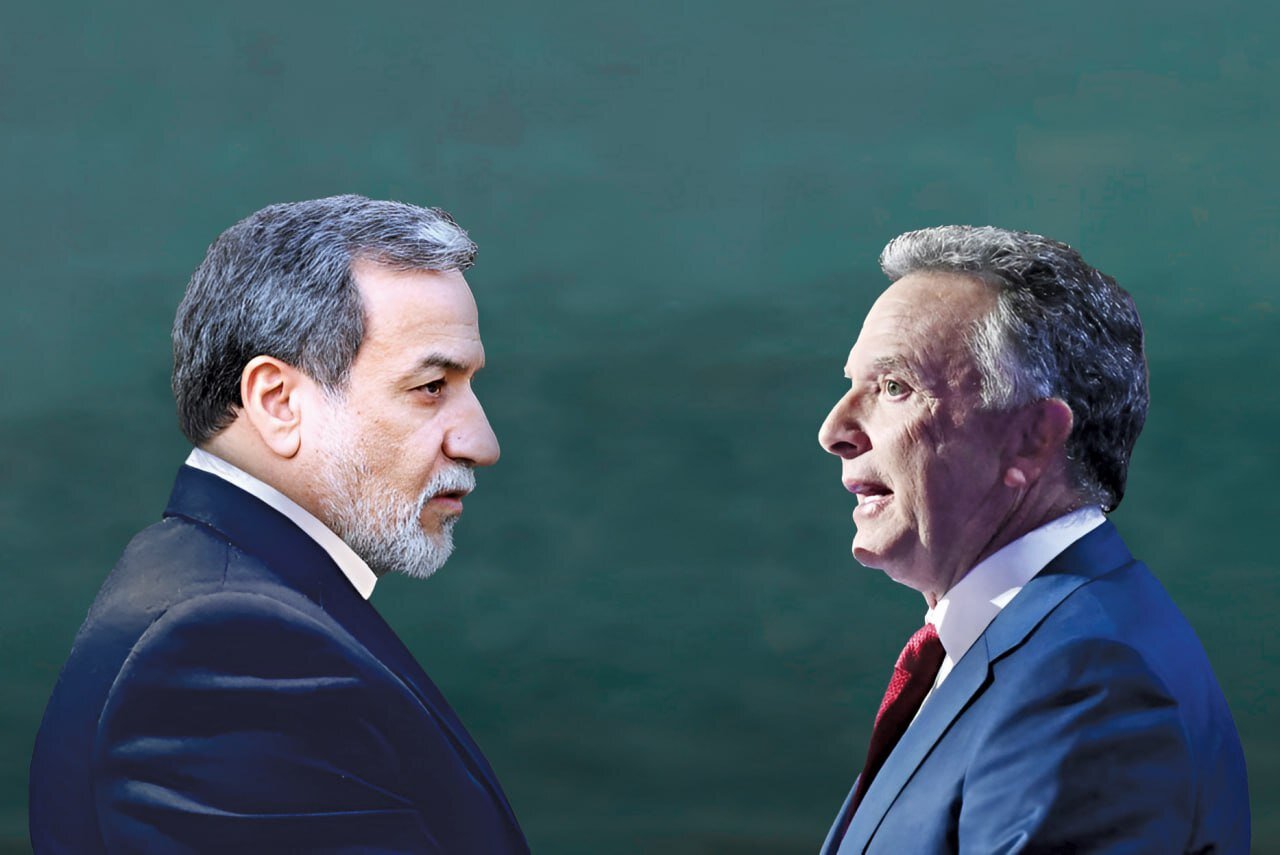 2026-02-06 20:37
2026-02-06 20:37
By Mona Hojat Ansari
A 'good' restart for Iran-US talks, but path ahead remains unclear
Deep mistrust of Washington persists as both sides return home for consultations
TEHRAN – Iran and the United States held discussions on Friday in Muscat over Iran’s nuclear program and the possibility of a new agreement that would curb certain nuclear activities in exchange for the termination of sanctions. The talks were mediated by Oman’s foreign minister, Badr Albusaidi, who acted as a go-between for the two sides.
-

Trump cannot risk war with Iran, John Helmer says
Veteran journalist warns that a prolonged conflict would trigger inflation, casualties, and a political crisis in Washington
TEHRAN — As tensions persist between Iran and the United States amid intensified military signaling and renewed talk of negotiations, critical questions remain about Washington’s real strategy and the risk of a broader regional conflict. In this context, Tehran Times spoke with John Helmer, a veteran journalist and geopolitical analyst based in Moscow, to examine the shifting balance of power and the prospects for de-escalation.
-
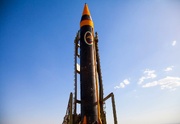
Iran strengthens offensive posture with Khorramshahr-4 missile
TEHRAN — The Islamic Revolution Guards Corps (IRGC) Aerospace Force has inaugurated a massive new underground missile city, marking the operational induction of the Khorramshahr-4 ballistic missile.
-

By Xavier Villar
Iran’s strategy under pressure: Deterrence and diplomacy
MADRID – The latest American military build-up in the Persian Gulf was intended to deliver a familiar message: Overwhelming force was presented as a prelude to political submission.
-
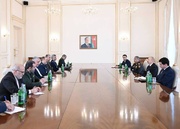
Azerbaijan ‘will not allow any threat’ against Iran from its territory, Aliyev vows
TEHRAN — Azerbaijani President Ilham Aliyev has issued a security guarantee to the Islamic Republic, asserting that Baku will never permit its land to be used for hostile actions against its neighbor.
-
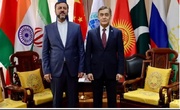
China reaffirms backing for Iran’s sovereignty, security, and legitimate rights
TEHRAN - China has reiterated its support for Iran’s entitlement to safeguard its sovereignty, security, and national dignity as well as its legitimate rights and interests.
Politics
-
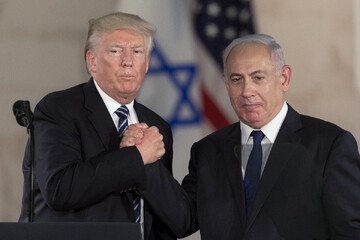
‘Criminal Trump and Netanyahu seeking to drag Iran into chaos,’ says sociologist
TEHRAN - A senior sociologist and political analyst says U.S. President Donald Trump and Israeli Prime Minister Benjamin Netanyahu seek to foment turmoil in Iran.
-
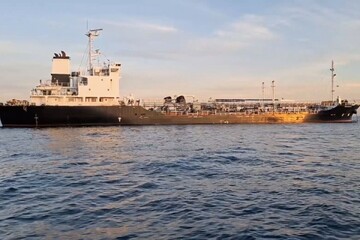
Two vessels smuggling fuel are seized in the Persian Gulf
TEHRAN - The naval forces of Iran’s Islamic Revolution Guards Corps (IRGC) have seized two vessels carrying smuggled fuel off Farsi Island in the Persian Gulf waters.
-
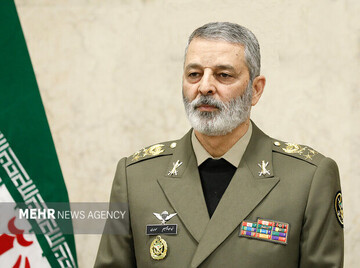
Iran has strengthened deterrence by upgrading its ballistic missiles: military chief
TEHRAN - Visiting an IRGC missile town on Wednesday, Chief of the Staff of the Iranian Armed Forces said the Islamic Republic has strengthened its deterrence power by upgrading its ballistic missiles.
Sports
-

Iran crowned champions of AFC Futsal Asian Cup 2026
TEHRAN - Iran emerged champions of the AFC Futsal Asian Cup Indonesia 2026 with a 5-4 penalty shootout win after the thrilling final ended 5-5 after extra-time on Saturday.
-

2025/26 PGPL: Aluminum edge Zob Ahan
TEHRAN – Struggling Zob Ahan suffered a 1-0 loss against Aluminum in Matchweek 20 of the 2025/26 Iran’s Persian Gulf Professional League (PGPL) on Saturday.
-

Nahid Kiani: I want 2028 Olympic Games gold
TEHRAN – Iranian female taekwondo athlete Nahid Kiani says she is determined to turn her Olympic silver medal into gold at the 2028 Los Angeles Games.
Culture
-

Iranian documentary "The Leather Notebook" unveils Trump-Epstein connection
TEHRAN- Iranian filmmaker Mojtaba Minavand has recently made a documentary on the intricate web of connections surrounding Jeffrey Epstein and his alleged clientele, including U.S. President Donald Trump.
-

Loose adaptation of Albert Camus’ “The Plague” on stage in Tehran
TEHRAN- A loose adaptation of French philosopher and novelist Albert Camus’ novel “The Plague” is currently on stage at Hafez Theater Hall in Tehran.
-

“Ashoon” audiobook released
TEHRAN_The audio version of the book “Ashoon” written by the Iranian author Tahereh Rafat has been released on the Persian audiobook platforms.
Economy
-
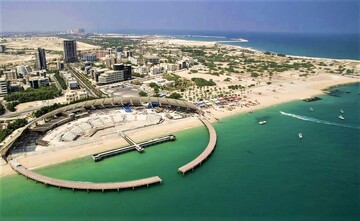
Iran pivots free trade zones toward export-led growth
TEHRAN – In a decisive shift toward economic diversification and resilience, the Iranian government is fundamentally restructuring its network of free trade zones (FTZs) to function as powerful engines for export-led growth.
-
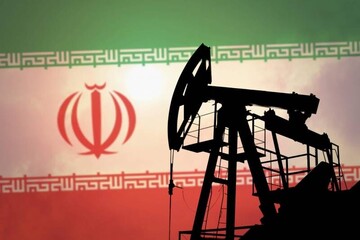
Iran oil industry posts fresh records in output, exports, capacity building
TEHRAN – Iran’s oil industry has set new records in production, exports and capacity development over the past 18 months, despite continued sanctions and external constraints.
-
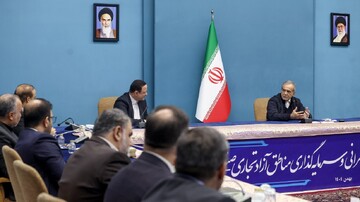
Sustainable development should be focus of national projects: president
TEHRAN- Iranian President Masoud Pezeshkian stated that the country's development path must be designed based on quality, competitive pricing, environmental preservation, and maximum utilization of clean energy.
Society
-

Science ministry plans to establish 15 AI labs at universities
TEHRAN – The Ministry of Science, Research, and Technology plans to launch 15 artificial intelligence (AI) laboratories at universities across the country to develop and test fundamental AI models.
-

Health ministry to launch "Nowruz healthcare plan"
TEHRAN - To provide continuous and optimal health and medical services during the Nowruz holidays, the ministry of health will implement a special "Nowruz healthcare plan" with the help of the Emergency Medical Services Organization and medical universities across the country.
-
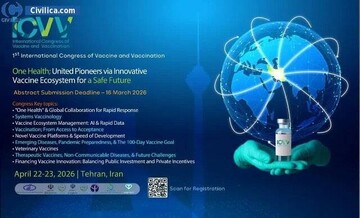
Intl. congress on vaccine, vaccination slated for April
TEHRAN – Razi Vaccine and Serum Production Research Institute will hold the first international congress on vaccine and vaccination (ICVV) from April 22 to 23 in Tehran.
Tourism
-
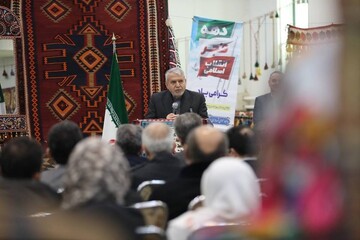
Minister backs global registration push for Anbaran kilim craft
TEHRAN - Iran’s minister of cultural heritage, tourism and handicrafts said on Saturday that the city of Anbaran in Ardabil province should pursue global registration for its kilim weaving tradition, citing the role of local women artisans and the sector’s economic potential.
-

National framework set for integrated handicrafts value chain
TEHRAN – The Iranian government has approved a comprehensive national document to manage the production, distribution, marketing and export value chain of handicrafts, aiming to coordinate executive bodies and strengthen the sector’s role in the economy.
-
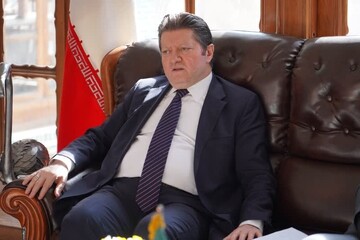
Northwest Iran popular destination for Turkish tourists, consul general says
TEHRAN - Turkey’s consul general in Iran’s northwestern city of Urmia has said that tourist attractions in West Azarbaijan province, including UNESCO-listed sites, are popular among Turkish visitors and called for a direct flight between Ankara and Urmia.
International
-

Olmert’s belated confession: When ‘ethnic cleansing’ enters Israel’s political vocabulary
TEHRAN – Ehud Olmert’s recent article describing a “violent and criminal attempt at ethnic cleansing” in the occupied West Bank reads less like a revelation than a confession delivered far too late. What makes his words notable is not that they uncover a hidden reality, but that they strip away the last remnants of plausible deniability from within Israel’s own political establishment. Palestinians, human rights organizations, and international observers have documented these crimes for decades. Olmert’s intervention matters only because it confirms that those at the very center of Israeli power have long known exactly what was happening.
-
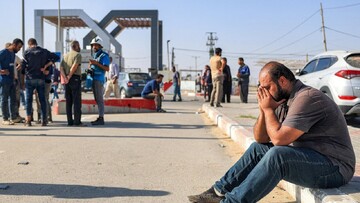
Rafah crossing: Symbolic gesture or start of a new era?
TEHRAN – After two years of closure, the Rafah land crossing has once again come into the spotlight.
-

When survival becomes a target: Lebanon faces U.S.–backed Israeli aggression
BEIRUT— As tensions continue to rise across West Asia, Lebanon’s political scene is increasingly shaped not by its internal files, but by the shadow of a wider regional confrontation.
Most Viewed
-
Trump cannot risk war with Iran, John Helmer says
-
A 'good' restart for Iran-US talks, but path ahead remains unclear
-
Iran strengthens offensive posture with Khorramshahr-4 missile
-
Iran has strengthened deterrence by upgrading its ballistic missiles: military chief
-
Iran’s flag-bearers announced for 2026 Winter Olympics
-
Iran and US are holding nuclear talks in Oman
-
Iran calls Merz naive, hopes a ‘mature’ person would take over leadership in Germany
-
Iranian documentary "The Leather Notebook" unveils Trump-Epstein connection
-
China reaffirms backing for Iran’s sovereignty, security, and legitimate rights
-
War on Iran could blow up entire region, Lavrov warns
-
China backs east–west corridor through Iran, economy minister says
-
Azerbaijan ‘will not allow any threat’ against Iran from its territory, Aliyev vows
-
Iran’s strategy under pressure: Deterrence and diplomacy
-
‘Criminal Trump and Netanyahu seeking to drag Iran into chaos,’ says sociologist
-
Iran into 2026 AFC Futsal Asian Cup final





